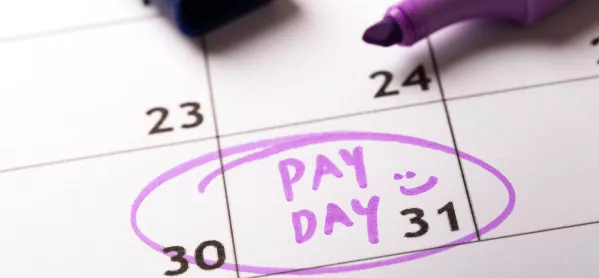The national minimum wage for apprentices is to increase by four times the rate of inflation in April, the prime minister has announced.
The official minimum wage for apprentices currently stands at £3.90 per hour, but in April it will increase by 6.4 per cent to £4.15.
This outstrips the CPI gauge of inflation, which was at 1.5 per cent in November.
Annual changes to the minimum wage are usually announced in the Autumn Budget, but this was scrapped in 2019 as prime minister Boris Johnson pushed for the general election that took place earlier this month.
Mr Johnson said the increase amounted to the “biggest ever cash boost” to the minimum permitted pay level. “Hard work should always pay, but for too long people haven’t seen the pay rises they deserve,” he added.
What is the minimum wage going up by?
Year
25 and over
21 to 24
18 to 20
Under 18
Apprentice
April 2019
£8.21
£7.70
£6.15
£4.35
£3.90
April 2020
£8.72
£8.20
£6.45
£4.55
£4.15
Who does the apprentice rate apply to?
Apprentices are entitled to the rate if they are either aged under 19 or are in the first year of their apprenticeship.
Do all apprentices get paid this rate?
According to the National Minimum Wage: Low Pay Commission Report 2018, one in 12 of England’s youngest first-year apprentices is paid below the apprentice minimum wage. However, the proportion of apprentices paid below the apprentice rate is less than 5 per cent for older apprentices.
Who sets the apprentice rate?
Increases are recommended by the Low Pay Commission and accepted by the government.
What if I’m getting paid less than the minimum wage?
You could try raising the issue with your employer, or calling employment advice body Acas. For more guidance, see the Citizens Advice website.




